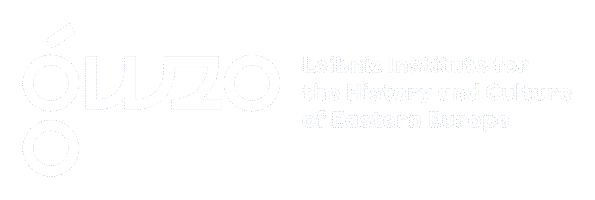Participation in the post-political context: case of participatory planning and budgeting in Russia
Oleg Pachenkov, sociologist, Einstein Research Fellow at Humboldt University of Berlin (Georg Simmel Center for Metropolitan Studies)
Practices of participation are usually seen as a natural part of deliberative and participatory democratic processes (Cohen 1989, Pateman 1970, 2012). The latter is rooted in the political movements of the 1960s when it was understood as “the essence of democracy” — the way “to ensure that the ‘people rule’ is for them to be involved in making the decisions that affect them” (Carson, Elstub 2019: 2).
Participatory democracy embraces and encourages a diversity of opportunities for political engagement: citizen assemblies, petitions, referendums, participatory budgeting, etc.; and participatory planning of public spaces is one of those tools. Participatory planning approach is being considered as the tool for the democratization of the urban planning and the decision-making process in this sphere (Nikšič et al. 2018). However, historical and local contexts affect the ideal picture and participatory planning materializes in different and sometimes unforeseen forms, in particular, in the countries with authoritarian or hybrid political regimes (Akmentina 2020; Maričić 2018; Moghaddam & Rafieian 2020).
Participation exists as well in the societies that are not seen as obviously democratic. Participatory tools are practiced in various forms in China, Iran, African and Latin American countries with political regimes that could hardy be considered democratic. In Russia participatory budgeting has been practiced since 2007 and participation in urban planning and design of urban public spaces became a trend supported at a highest level of federal ministry policy since 2017. Ironically, unprecedentedly violent repressions against protesting people in many Russian cities after the start of Russian invasion in Ukraine in February 2022 are taking place in the public spaces planned and designed with the application of participatory tools. Participatory session aimed at planning public spaces in Russian cities are continuing still in 2022 and 2023, as well as participatory budgeting projects. I.e. participatory democracy mechanisms exist in current Russia with its hybrid – and getting more and more authoritarian – regime. Participatory tools get support form the Russian state institutions and professional communities (of architects, urbanists, moderators etc.) practicing them. Why was (and still is) it possible? I argue, this contradictory (..?) situation is rooted in the two specific features characterizing the development of participatory practice in Russia in 21st century: first, the way that participatory practice has been developing in Russia being imported form the West in late 2000s and, second, the technical rather than political nature of participaiton practiced in Russian context. In my speech I will dwell on these two particularities of the development of participation in Russia on 2000-2020s.
Date: Tuesday, 4 July at 16:00 (CET)
Meeting-ID: 985 7640 9544 | Code: CBCTLK








